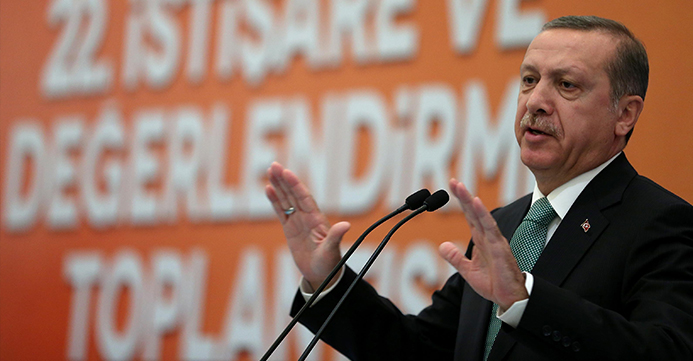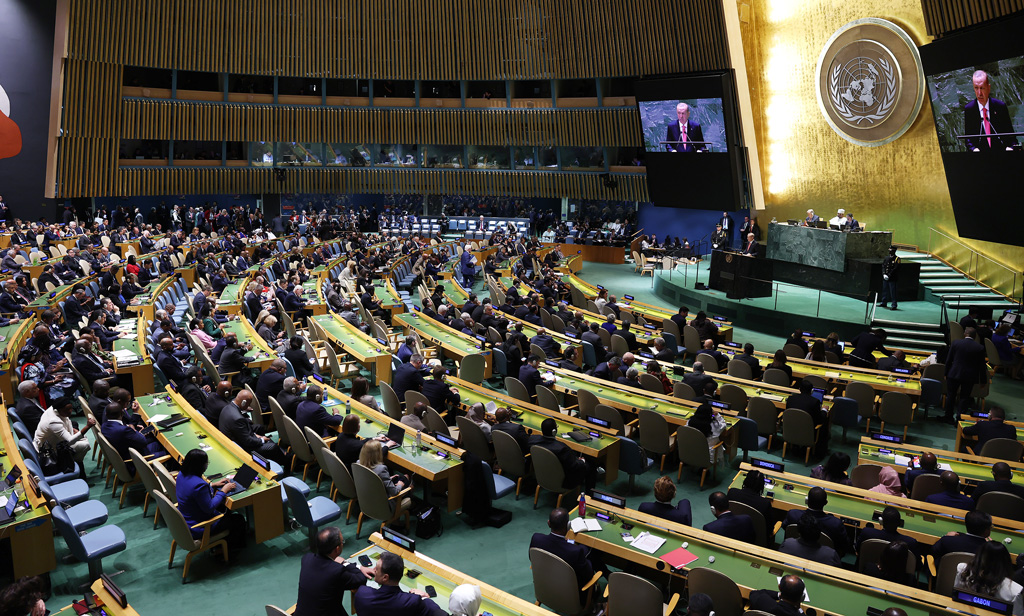Although, technically, it was Parliament that elected Abdullah Gül president in 2007, de facto, he was the first president to be elected by popular vote due to the crisis that the tutelage regime caused at the time of the elections. The July 22, 2007 elections determined not only the party that came to power, but also the president. Put this way, from the Justice and Development Party’s (AK Party) perspective, this is not the first, but the second time the president will be determined by popular vote. If Erdoğan is nominated and becomes president, in his capacity as the popularly elected president, he will continue to work with the government he has spearheaded.
The upcoming presidential election presents two important opportunities for the AK Party. First, a popularly elected president will necessitate a new structure. The new structure will directly impact the governance of the country. As such, it has the potential to become one of the most important issues of the new term. The current structure will expect the new president, who the public will have chosen, to forget that he was indeed elected by the people. This problem cannot be resolved without a significant overhaul of the current governance structure.
The second issue that the AK Party has to face will be the fate of the party if Erdoğan does not announce his candidacy, or if he does and then becomes the next president. Even if Erdoğan chooses not to run in the presidential race, as per the party’s three-term-in-office rule, he will have to resign from the office in less than a year. In other words, whether he runs for office or not, what awaits the AK Party after the presidential race is a fundamental change. The three-term rule will not only apply to Erdoğan but also to quite a few members of the Cabinet. As such, what is expected of the AK Party, whether Erdoğan becomes the next president or not, is to be able to undergo substantial changes that can kick-start its second era.
The debate on the AK Party’s fate after the elections, so far, have been limited to disaster scenarios based on the experience of the Motherland Party (ANAP), the ruling party during the 1980s, after Turgut Özal ascended to the presidency. The Putin model has also been mentioned, but President Gül has declared this to be inappropriate.
What is often overlooked in these debates is that the AK Party fundamentally differs from ANAP both in terms of its structure and its raison d’être. In the aftermath of the 1980 coup d’état, ANAP, whose political actors were mainly conjectural, had neither the resources nor the ideological strength to face the tutelage regime. Moreover, the current political conditions and the AK Party’s status do not in any way resemble ANAP’s status and political conditions at the time Özal became president.
Today, the AK Party is grounded not only on the historical experience learned from predecessors, but also on the sociological reality of an “AK Party identity” that it has tenaciously built during its 12 years of governance. It is not conceivable that the AK Party should meet the same fate as ANAP, as long as it does not diverge from the core identity that helped build its loyal constituency over the last 12 years.
Besides, the AK Party’s three-term rule will function in the same way that the coups d’état favored by the elites function – namely, to rejuvenate politics. This alone is enough for the AK Party to begin its second era on a brand-new note.
[Hurriyet Daily News, May 22, 2014]









